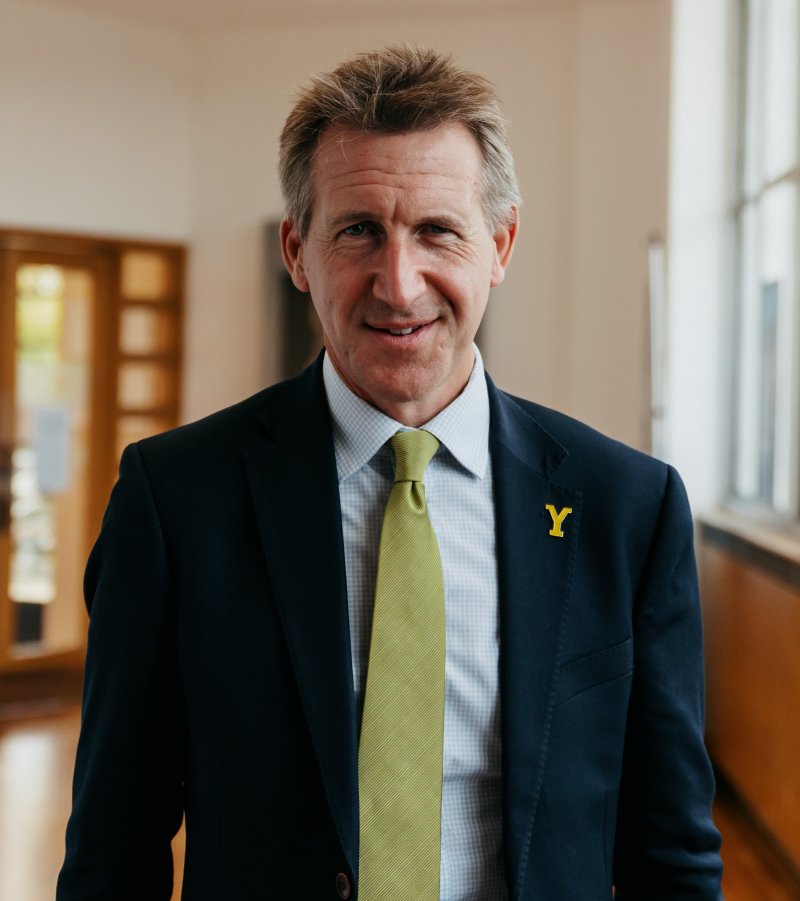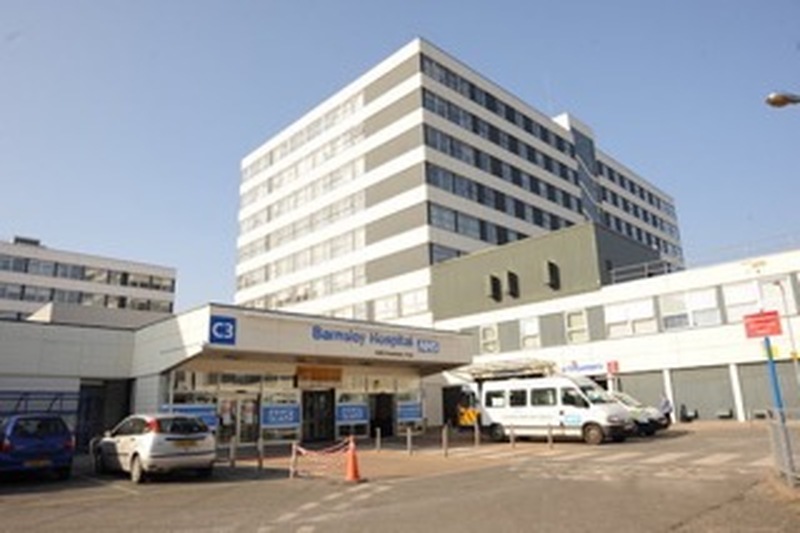THOUSANDS of patients continue to wait for routine treatment at Barnsley Hospital despite promises being made by the NHS to significantly reduce the backlog.
NHS figures show 21,437 patients were waiting for non-urgent elective operations or treatment at the end of August down slightly from 21,608 in July and 21,921 in August 2023.
Of those, 77 had been waiting for longer than a year, while the median waiting time from referral at an NHS trust to treatment at Barnsley Hospital was ten weeks at the end of August the same as in July.
A total of 3,021 patients were waiting for one of 11 standard tests, such as an MRI scan, non-obstetric ultrasound or gastroscopy at this time.
Other figures show that 79 out of 93 cancer patients urgently referred to the hospital in August received treatment within two months of their referral.
A month previously when 115 patients were referred 84 were treated within 62 days.
Despite the waiting list decreasing slightly, medics hope the figure will drastically change as the town centre’s Community Diagnostics Centre (CDC) and healthcare services at the Alhambra are expanded.
Dr Richard Jenkins, chief executive of Barnsley Hospital, added: “The diagnostic hub, developed in partnership with Barnsley Council, was the first of its kind in the UK and has enjoyed a hugely successful first year, delivering thousands of tests, checks and scans for the people of Barnsley.
“Not only has it increased capacity of diagnostic services to help reduce waiting times, it has also improved access to services to help early detection of diseases.
“We have seen from the public response that it is bringing real benefits to people’s health and wellbeing in an environment that they know linking up health appointments with every day life and activity while helping people get vital health checks sooner.”
A hospital statement said the trust ‘continues to focus on and is making progress’ in reducing waiting times for treatment.
“Like other NHS organisations across the country, the hospital has faced challenges including increased staff sickness alongside rising admissions of patients to hospital.
“Due to unplanned and unforeseen operational demand, some cancellations are regrettably unavoidable at times.
“Despite these challenges, there is a focus on minimising waits and cancellations as part of the trust’s quality improvement programme.
”Patients can help by ensuring they are up to date with vaccinations, attending appointments and informing us in advance if they are unable to attend so that we can offer the appointment slot to others.
“It is also important that patients ensure that they are fit for surgery further information can be found on the trust’s website by searching ‘Get Fitter for Surgery’.”
Deputy director of research at the Nuffield Trust think tank, Sarah Scobie, said many parts of the NHS are still experiencing ‘intense pressure’.
“The government needs to act fast on long waits for care but we are still waiting for more detail on how Labour’s promise to increase appointments will improve waiting times.
“It is also crucial that plans to deal with the backlog of care confront inequalities in access.
“We need a comprehensive cancer plan to ensure these innovations and solutions reach those who need them. When it comes to cancer, delays to treatment quickly become a matter of life and death. The cancer community stands ready to work with the government to deliver practical and cost-effective solutions to improve NHS cancer care.”



























